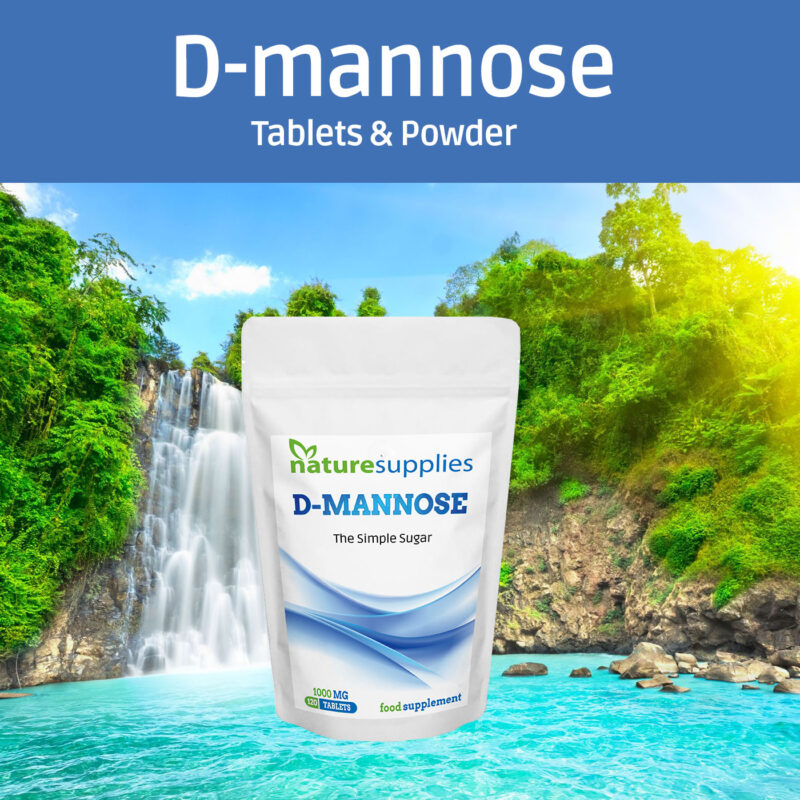ANSWER: Bacterial vaginosis (BV) is a condition that occurs when the balance of bacteria in the vagina is disrupted. D-mannose is a type of sugar that is sometimes used as a natural remedy for urinary tract infections and other conditions that affect the urinary tract, but it is not known to be effective in treating BV.
There is currently no cure for BV, but it can be treated with antibiotics. If you think you may have BV, it is important to see a healthcare provider for an accurate diagnosis and appropriate treatment. Using D-mannose or any other unproven treatment without the guidance of a healthcare provider can be dangerous and may delay appropriate treatment.
More about Bv
BV stands for bacterial vaginosis, which is a common vaginal infection that occurs when the normal balance of bacteria in the vagina is disrupted. In a healthy vagina, there is a delicate balance between good bacteria, such as lactobacilli, and harmful bacteria. When the harmful bacteria overgrow, it can lead to symptoms such as itching, burning, abnormal discharge, and a foul odor.
BV is not a sexually transmitted infection, but certain sexual behaviors, such as having multiple sexual partners or douching, can increase the risk of developing BV. Other risk factors for BV include hormonal changes, such as those that occur during pregnancy or menopause, and the use of certain antibiotics or hygiene products.
BV is typically diagnosed through a pelvic exam and laboratory tests, such as a vaginal swab. Treatment may involve antibiotics, such as metronidazole or clindamycin, which are prescribed by a healthcare provider. In addition to medication, certain lifestyle changes, such as avoiding douching and using fragrance-free hygiene products, may help prevent BV and promote vaginal health.

